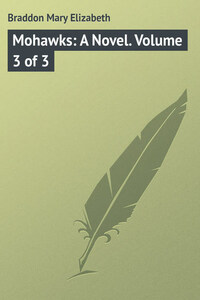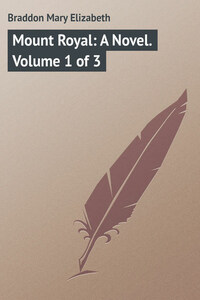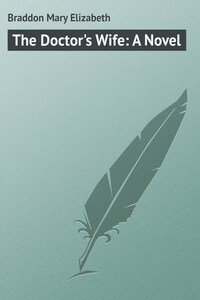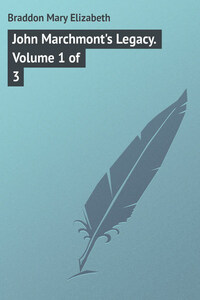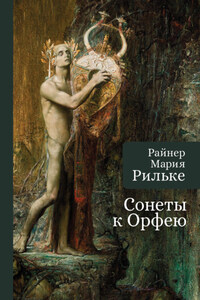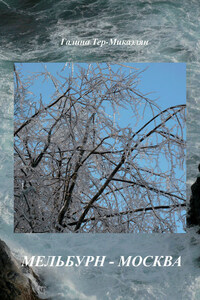CHAPTER I
"YOU CALLED ME, AND I CAME HOME TO YOUR HEART."
Another revolution of the social wheel. Summer was over, and Twickenham, Richmond, Bath, and Tunbridge Wells were deserted for the new squares and narrow streets between Soho and Hyde Park Corner. The theatres in Drury Lane and Lincoln's Inn were open every night, the opera-house in the Haymarket was crowded, and drums and assemblies, concerts and quadrille-parties, filled the very air with excitement. 'Twas said the young people were younger than they used to be, and all the old had grown young. The new reign began in a blaze of gaiety; King and Queen, flushed with the sense of power, delighted to occupy the first place after having so long held the second rank; conscious, too, of a handsome exchequer, and a clever minister who could change stones into gold; at peace with other nations, and with leisure to enjoy themselves.
The King had only one objection to London, and that extended to the whole of his British dominions. He would rather have been in Hanover. It needed all her Majesty's subtlety, all Lady Suffolk's subservient devotion, all Walpole's strenuous arguments, to keep him contented at St. James's or Kensington, when his inclinations all pointed to the old German home, and the old German ways of thinking and living.
Lady Judith Topsparkle was a favourite at the new Court. Her beauty and vivacity made her conspicuous even where many other women were beautiful and vivacious. She and Mary Hervey were sworn friends, and Lord Hervey raved about her fine eyes and her sharp tongue. Lady Mary Montagu praised her, and won her money at ombre, being by far the luckier player. Lady Judith's afternoon card-parties, to which only women were admitted, had become the rage. The house in Soho was thronged with hoops and high heads, and although only ladies were allowed a seat at any of the tables, the men soon forced an entrance, and assisted as spectators, sometimes betting furiously on the progress of the game.
Mr. Topsparkle went in and out, shrugged his shoulders with his highly Parisian shrug, and said very little. The play was supposed to be a gentle feminine business, for very modest stakes. The sums that were spoken of seemed almost contemptible for such fine ladies. But these fair ones had a jargon of their own; they talked and counted in a cipher, and the coins that changed hands in public were but symbols of the debts that were to be paid in private next morning.
"I protest, Lady Judith, I owe you a crown," cried Lady Hervey.
"And I am Lady Polwhele's debtor for a guinea," said Lady Judith, producing the coin from a toy purse; and next morning Juba carried a letter lined with bank-notes from Lady Judith to the Dowager, while Judith received a heartrending plea for grace from a chaplain's wife who had lost half a year of her husband's stipend to her ladyship on a previous afternoon.
Topsparkle called these assemblies the mysteries of the Bona Dea.
"And I'll warrant," said Bolingbroke, "there is always Clodius somewhere in hiding among the hoops and powder, were there only a mother-in-law to unearth him."
Durnford called occasionally in Soho Square to satisfy Lavendale, who was now at his house in Bloomsbury, living in the seclusion of a hermit, although the town with all its pleasures was at his elbow. He looked very ill, and was the victim of an abiding melancholy which moved his friend to deepest compassion. To oblige him, Durnford left his quiet lodging by Russell Street, and took up his quarters in Bloomsbury Square, where he had a whole suite of rooms to himself, and where he was able to keep an eye upon his friend, whose condition filled him with alarm.
He had somewhat agreeable business in hand just now in the production of his play, which was to be brought out at Drury Lane by his Majesty's company of comedians. Upon the success of this play his future and his marriage in some wise depended, for the production of a successful comedy would at once place him in the highest literary rank. The actors were all sanguine of success, and were pleased at the idea of putting forward a new man. Mr. Cibber declared that An Old Story was the best comedy that had been written since The Conscious Lovers.
"I wish poor Dick Steele were in health to applaud your play, Mr. Durnford," said the manager. "He was ever generous to a young rival. He would have made the reputation of Savage, had that wild youth been of a less difficult temper. But, alas, Sir Richard is but a wreck, wheeled about in a Bath-chair at his retreat in Shropshire, and with Death walking at his elbow."
The play was a success. Mrs. Oldfield, the brilliant, the elegant Nancy Oldfield, the most admired and indulged of her sex, who could violate all the laws of decorum, and yet be received and courted in the politest society, the finest comedy actress in that age of fine acting, condescended to appear in Mr. Durnford's piece, and her performance of a character of the Lady Betty Modish type, with Wilks as her lover, ravished the town. She had more grace, more distinction, than any woman of quality in London; she was the very quintessence of a fine lady, concentrating in her own person all the airs and graces, caprices and
